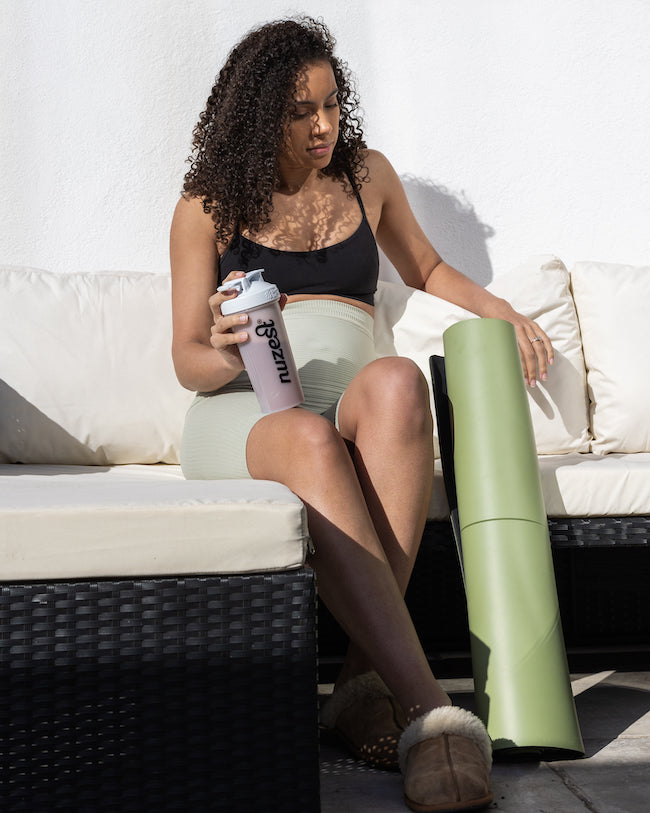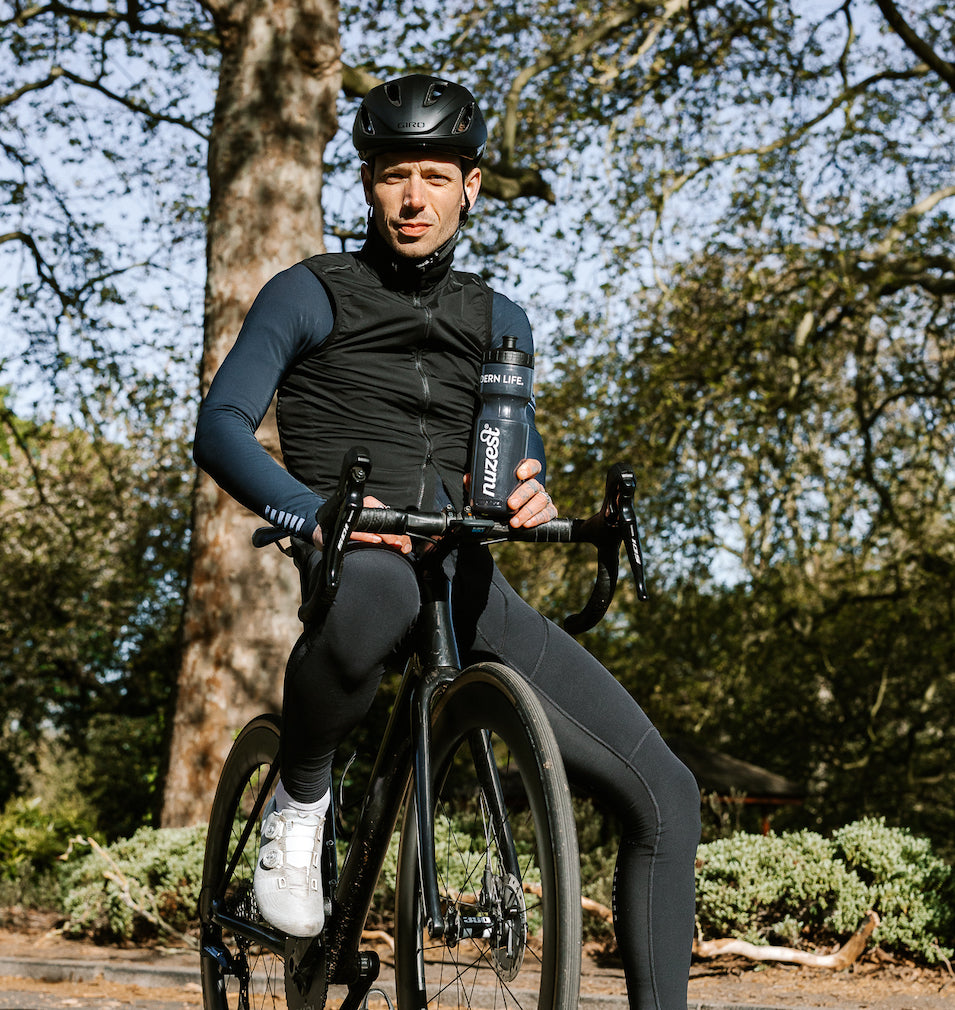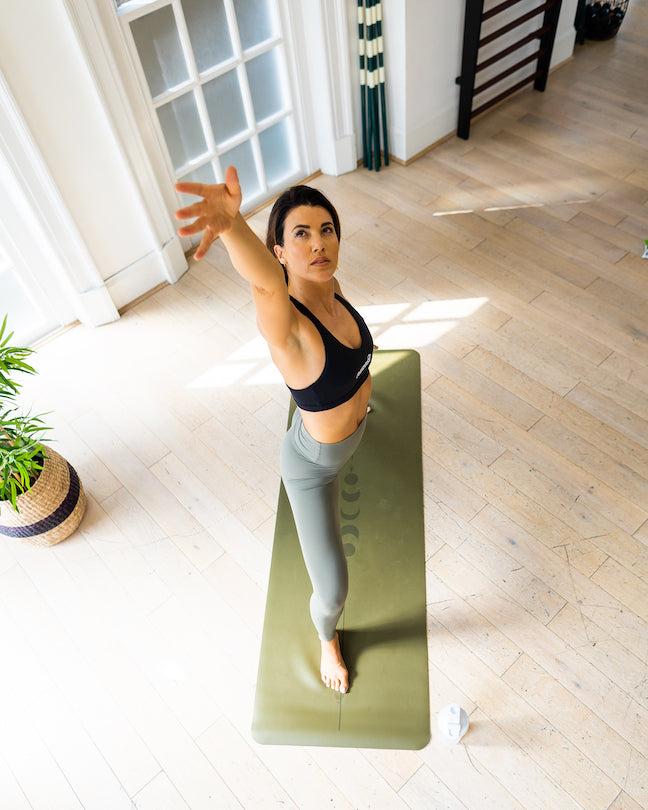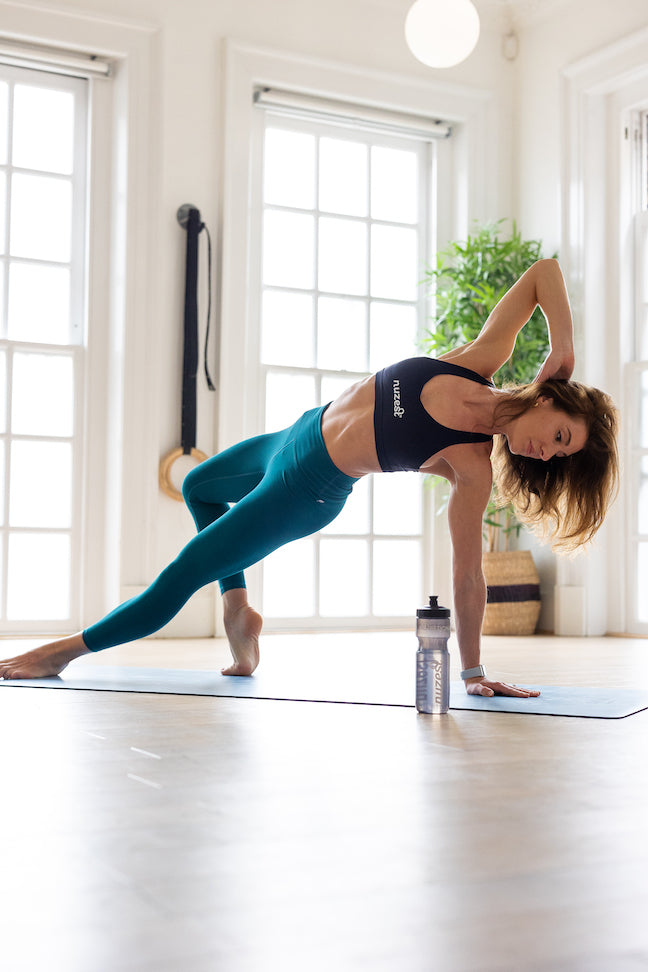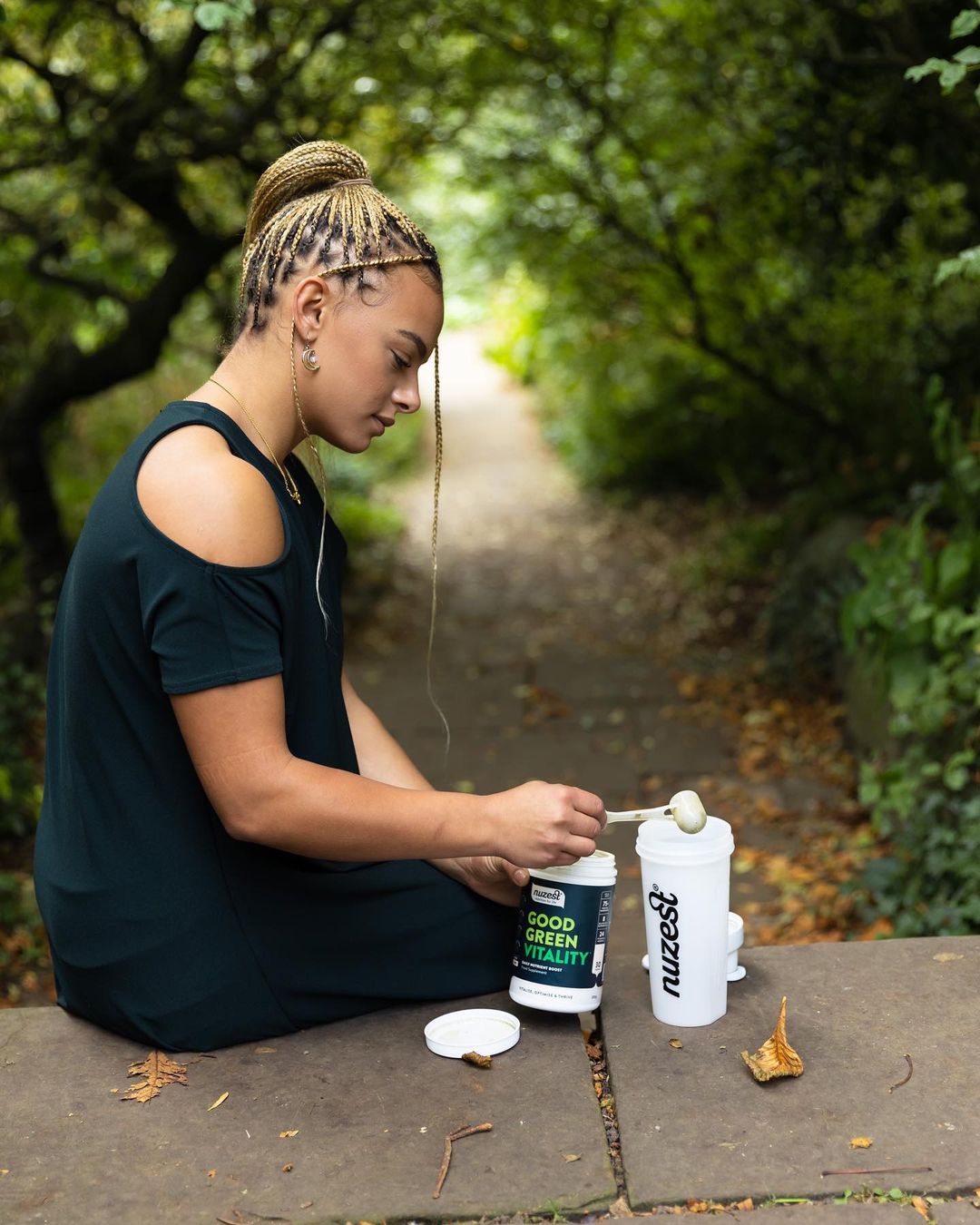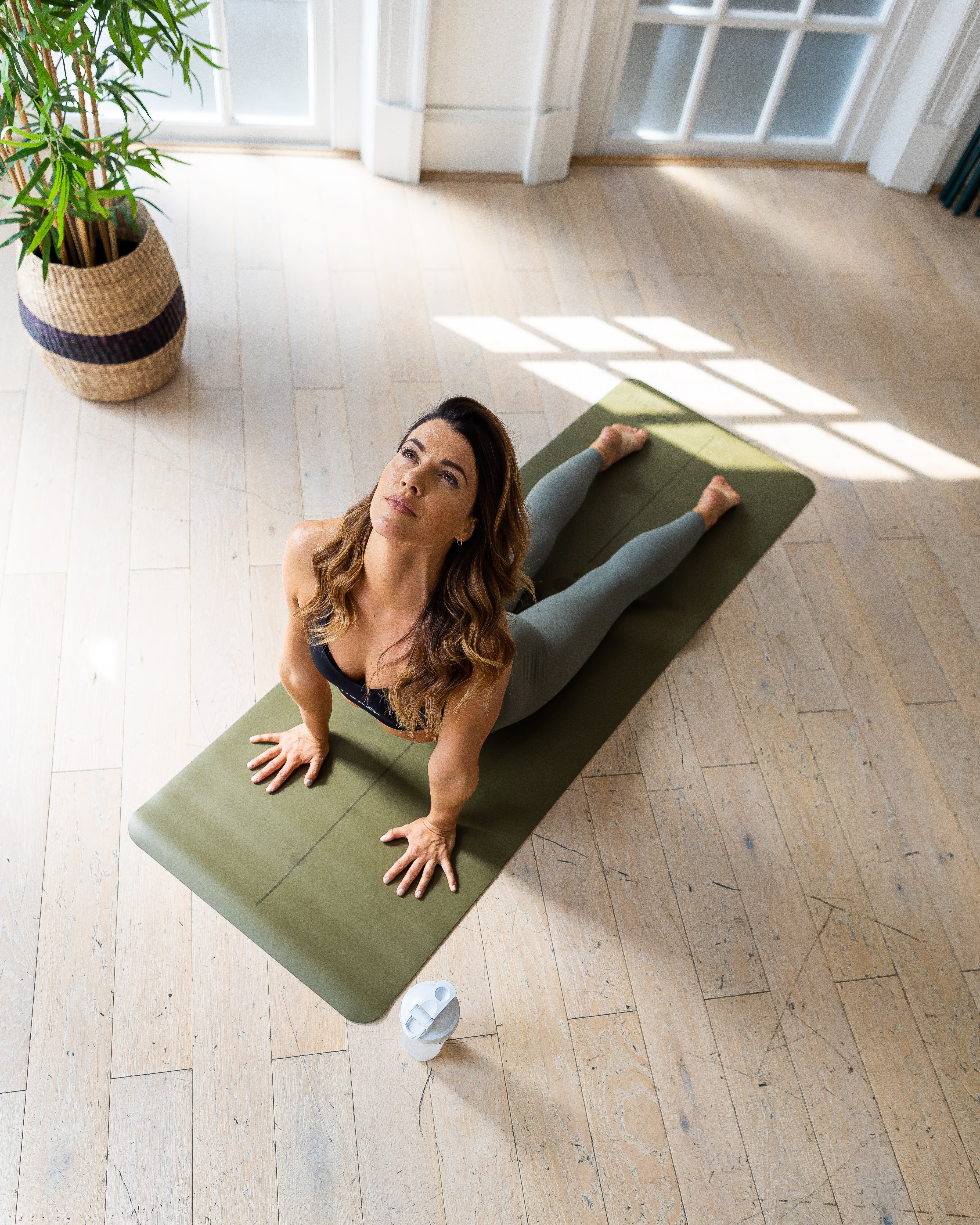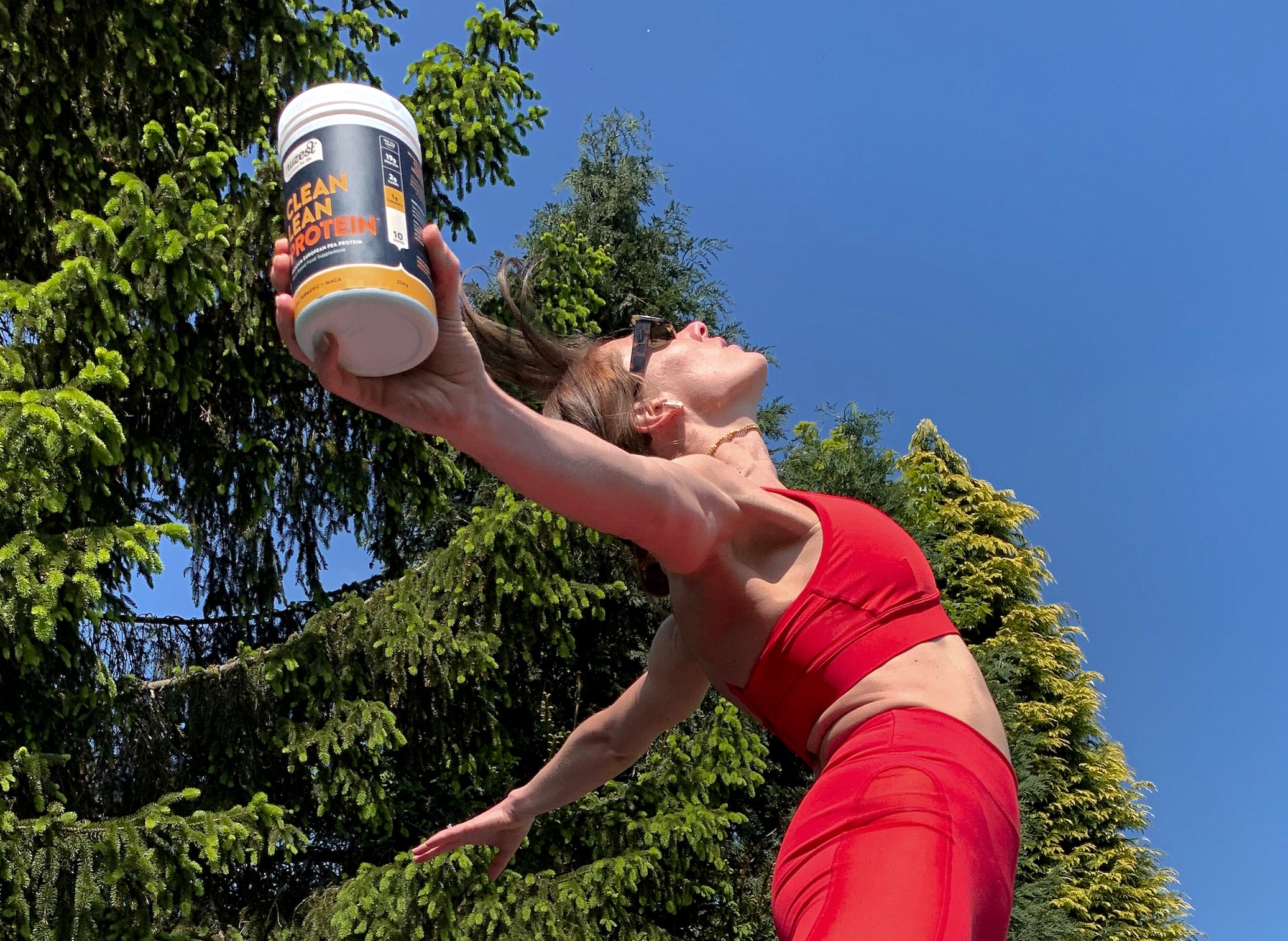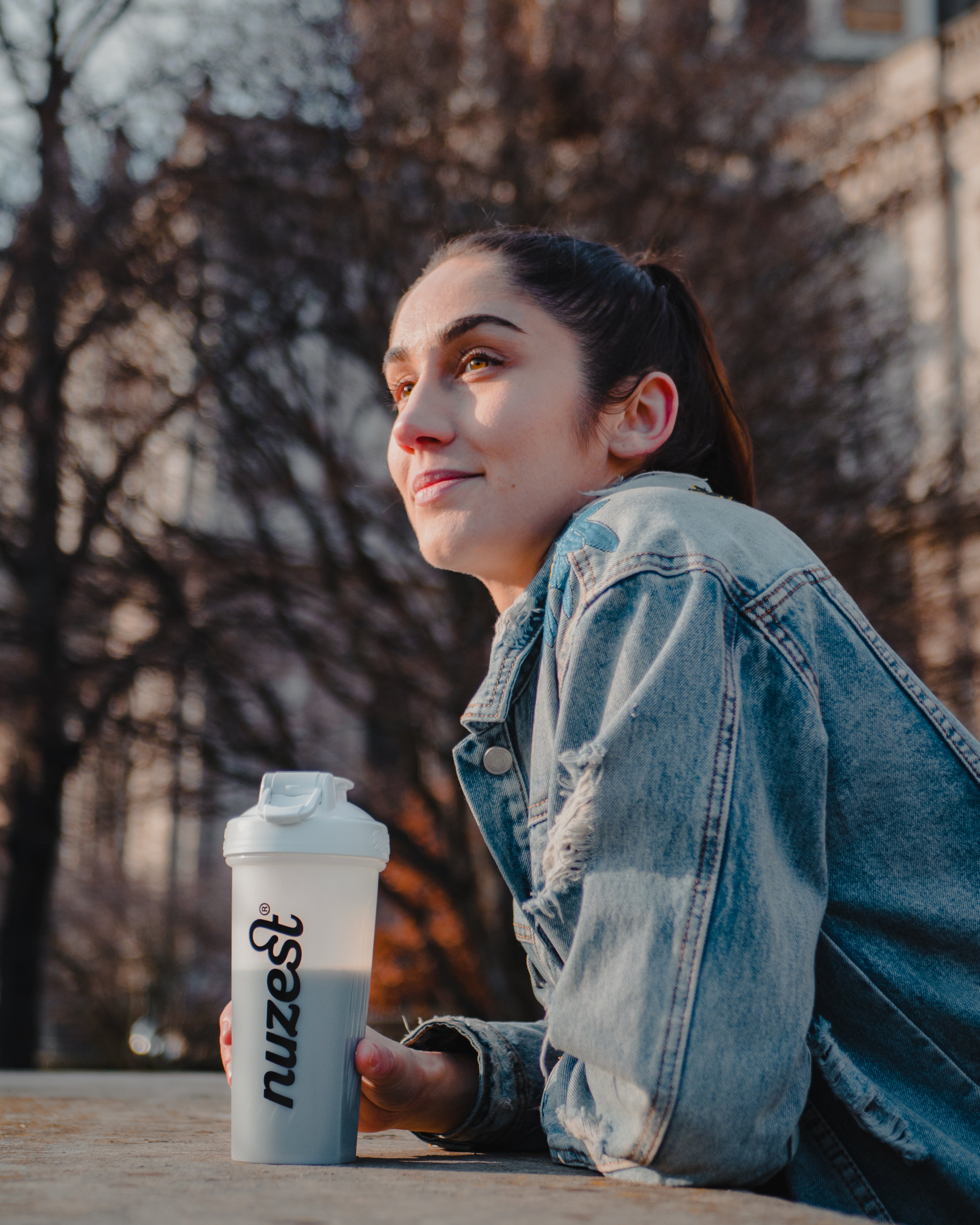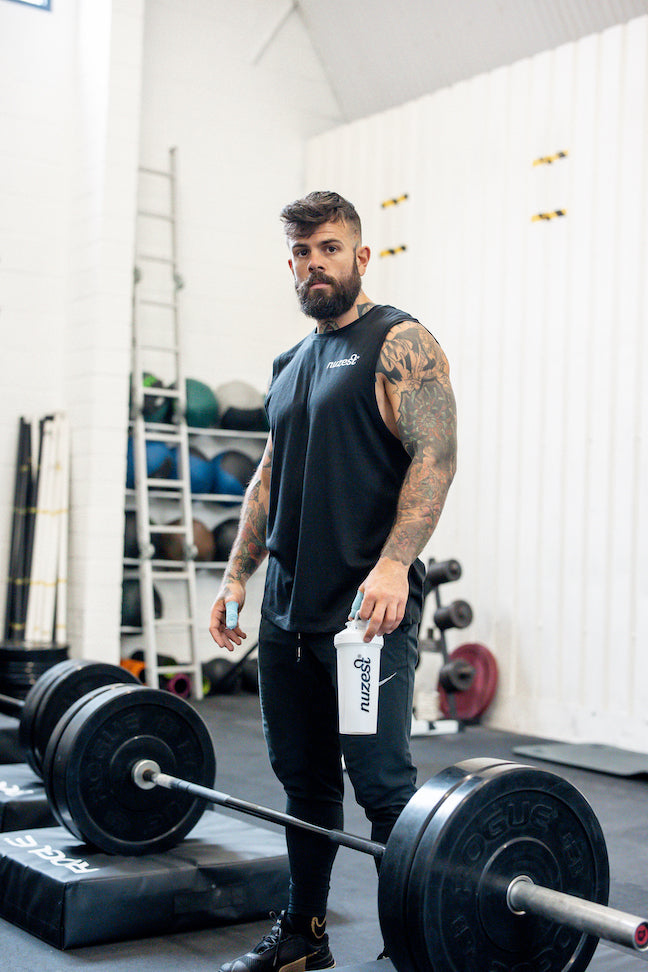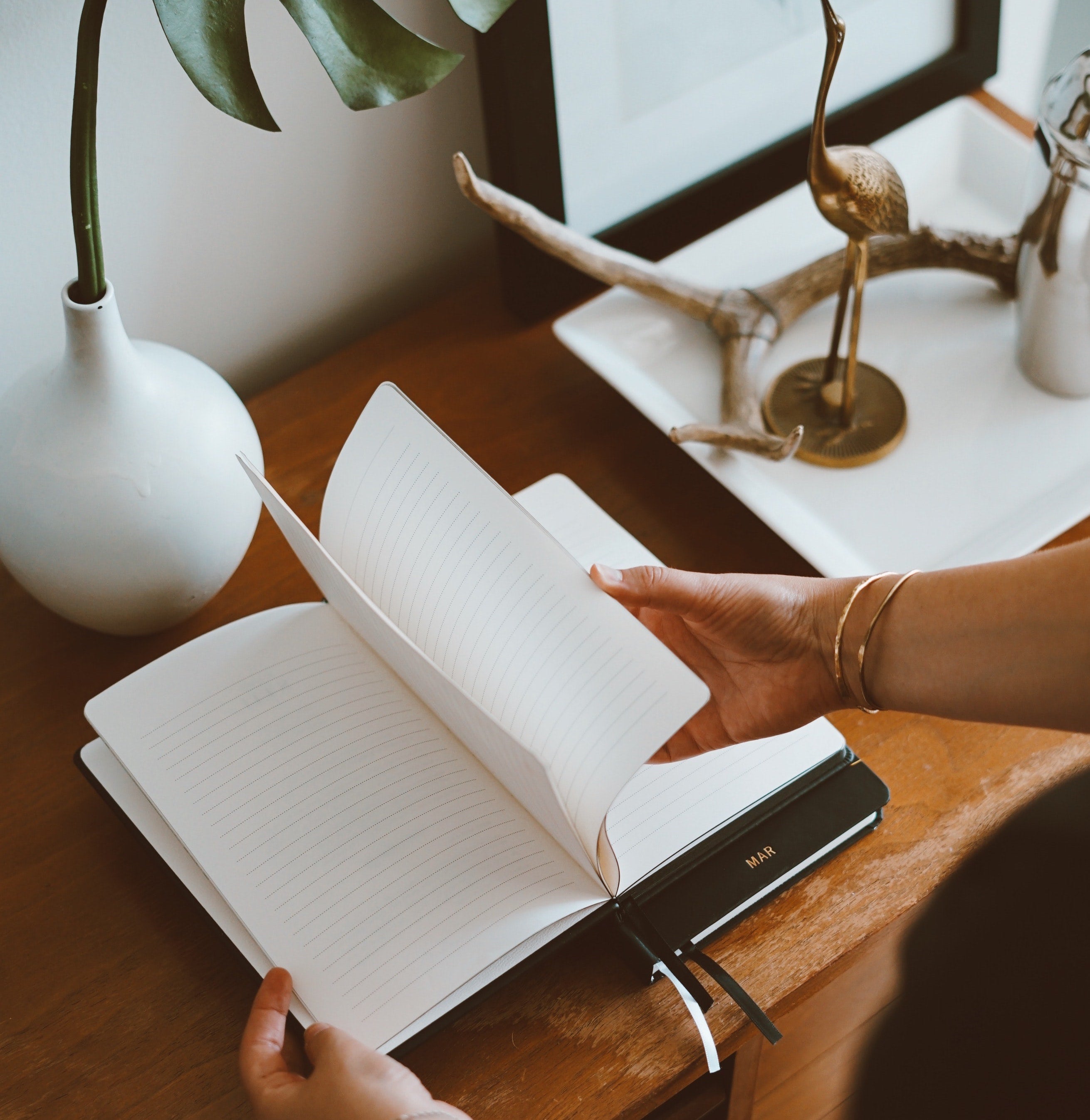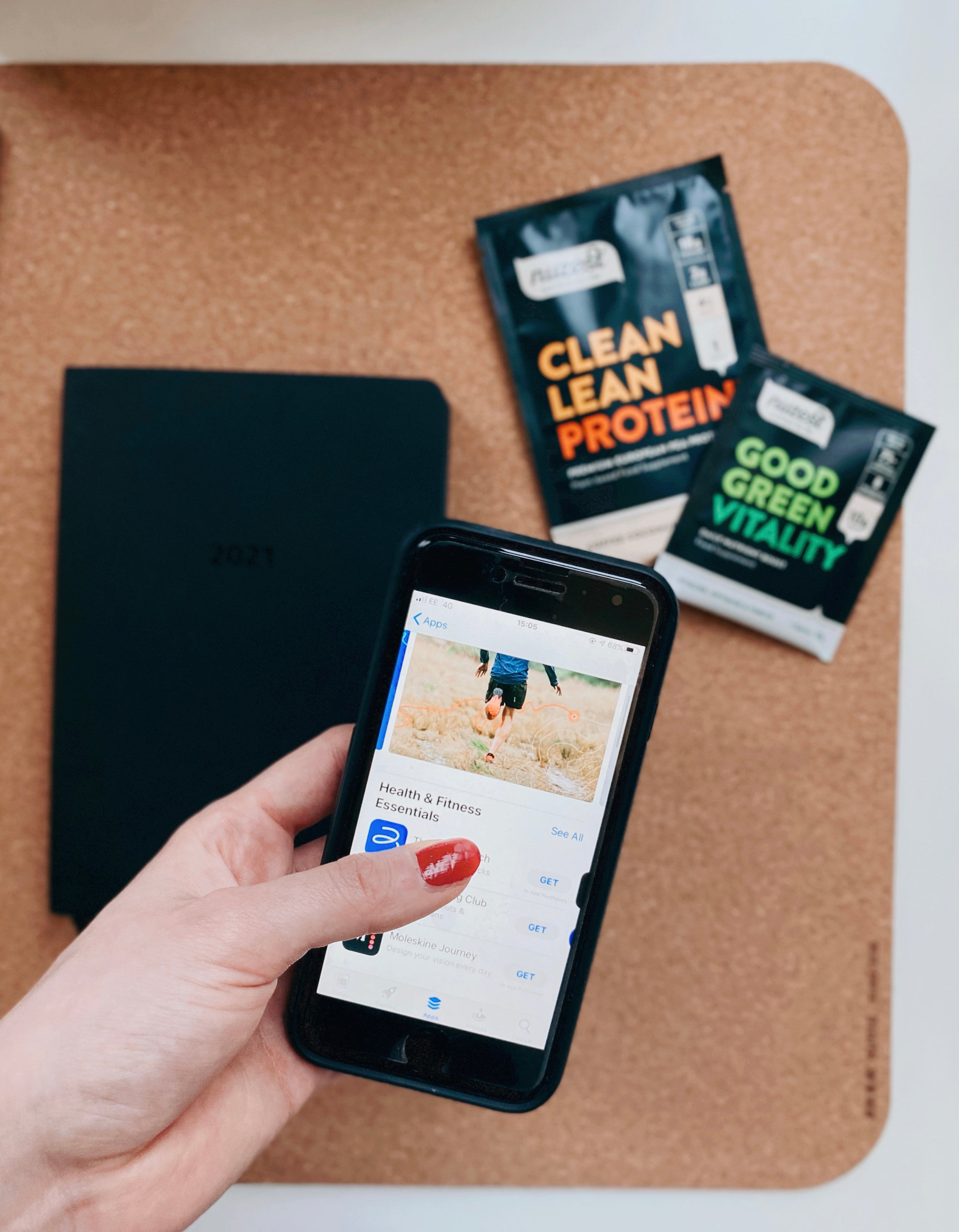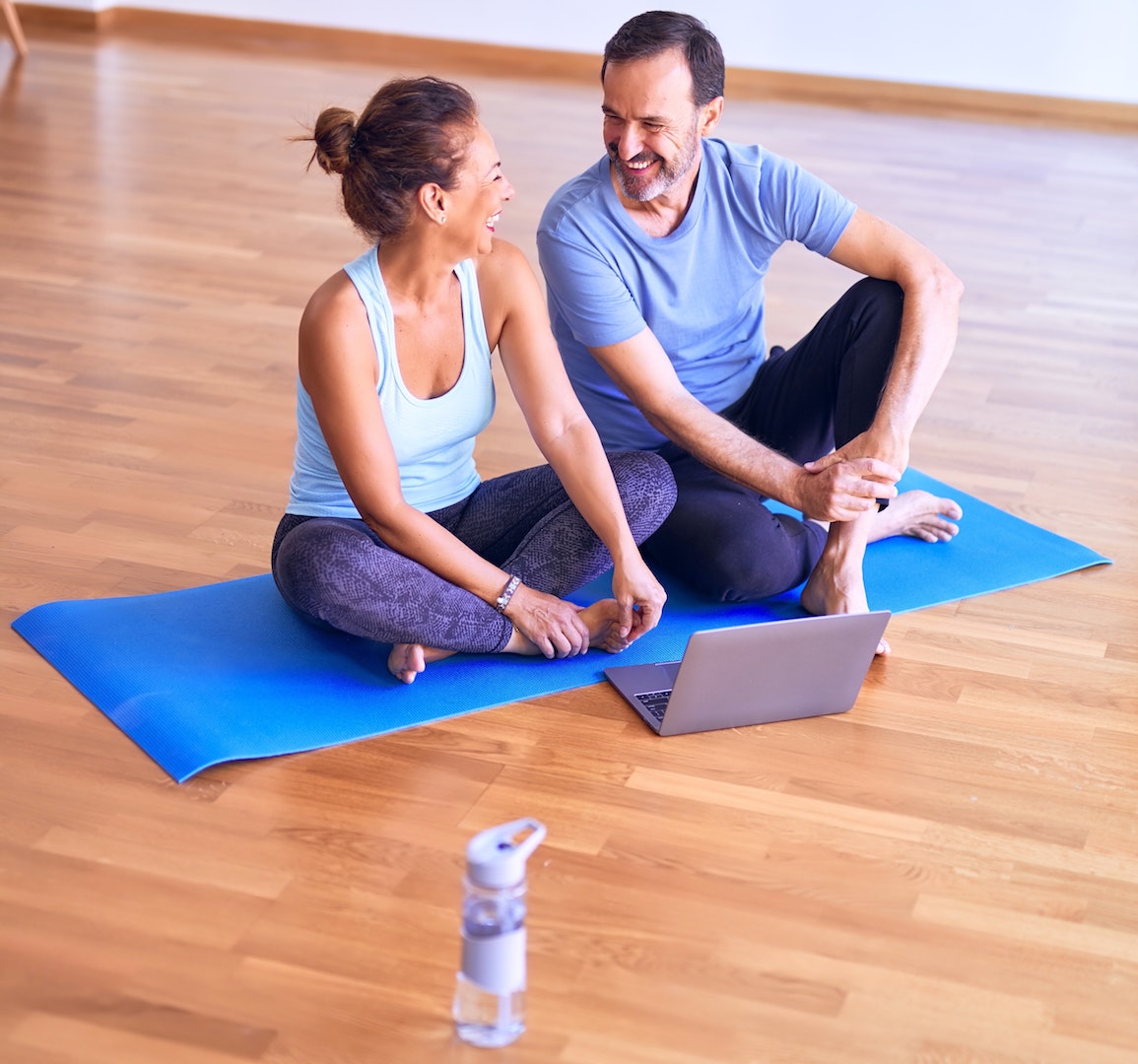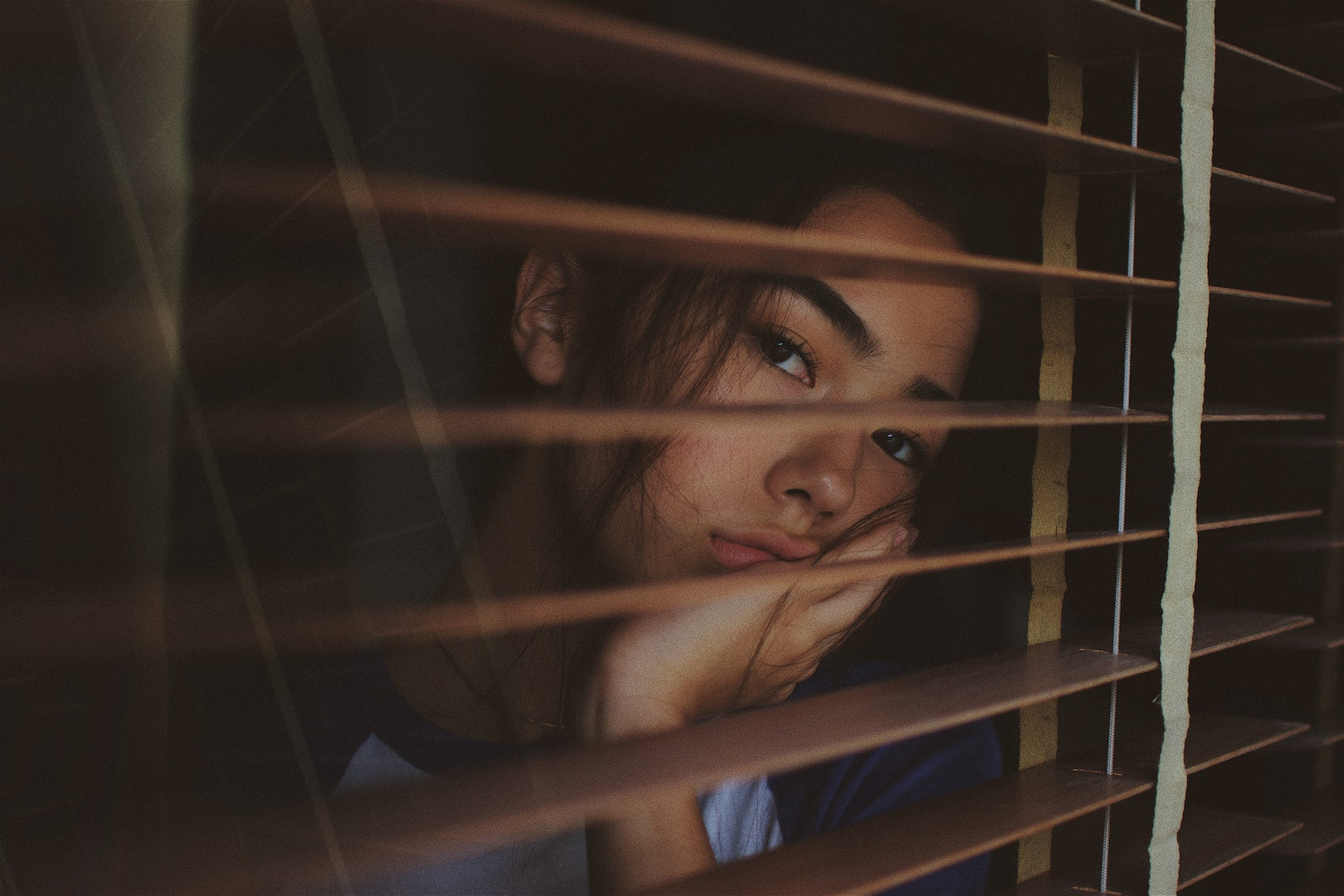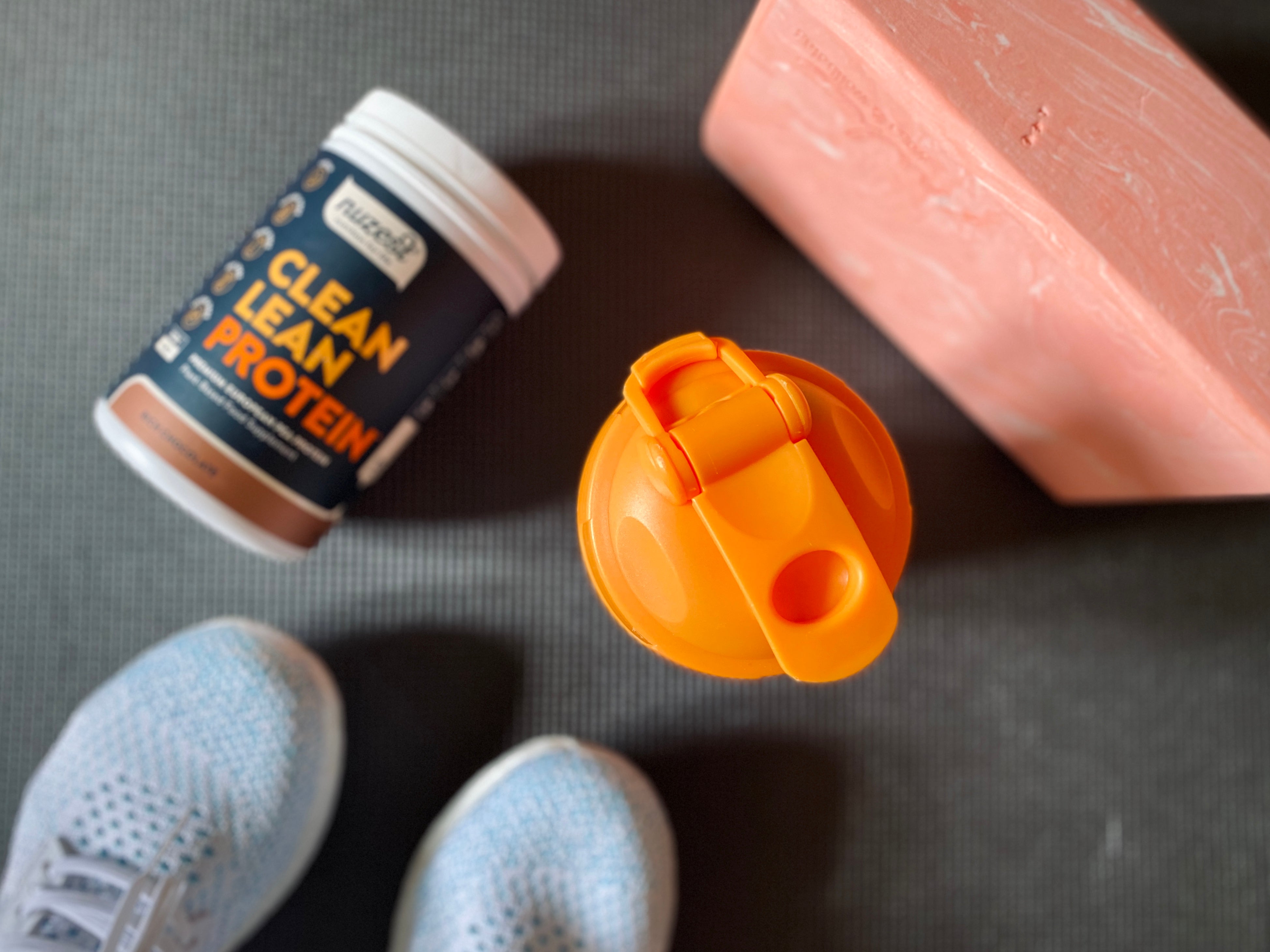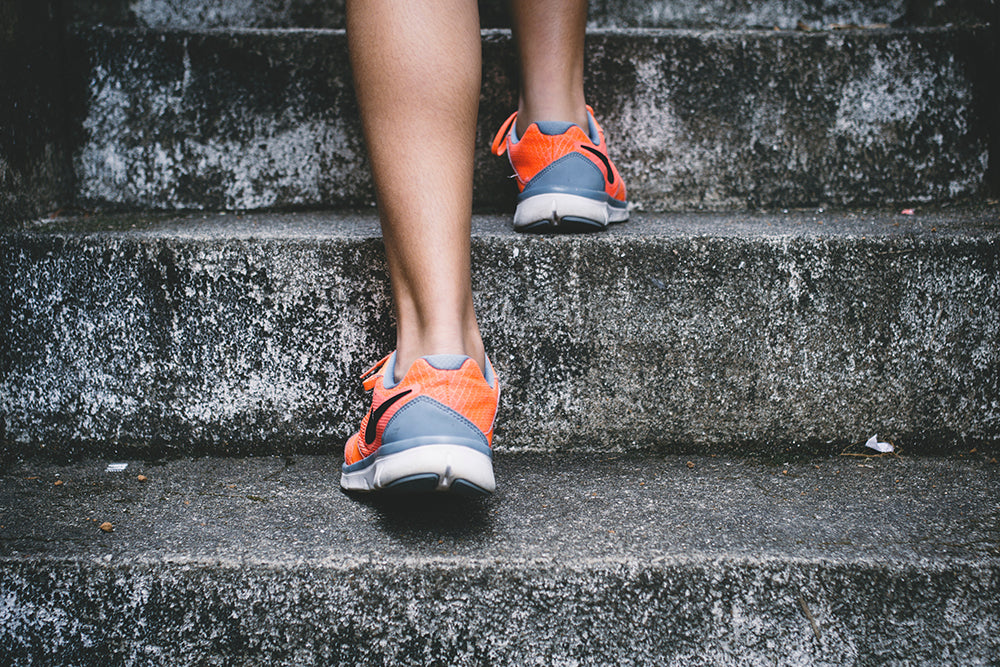Author: Monica Swayne - @monicaswayneaus
It is understood that sleep forms the foundation for most of our body’s daily functions. Without it, our bodies struggle to perform at optimal levels and our brain’s ability to process and retain information is detrimentally affected. Sleep also initiates our most effective muscle recovery. Therefore, lack of sleep over time, coupled with an active lifestyle, can lead to fatigued muscles and even injury.
I’m generally a great sleeper. Once I get to sleep, I can sleep for hours. However, getting myself to sleep in the first place can sometimes be a challenge. My brain is always processing multiple inner monologues and tasks throughout the day so slowing down my thoughts isn’t an easy job for me.
I have therefore developed some strategies that help me switch off before bed and give me the best chance of a restful night's sleep and a thorough recovery.
Mobility
As a professional West End performer, I am usually dancing all day. I also train in weightlifting and crossfit 5 times a week. It’s fair to say I lead a very active lifestyle, so to compensate, I try to squeeze in a foam rolling or massage gun session in front of the TV at least once a week. This helps to relieve tension, aid muscle recovery and is a must for injury prevention.
Nutrition
Nutrition also plays a huge role, not only in the recovery process itself, but also within the context of sleep. I do not drink caffeine after 2pm or eat any processed or refined sugar after 4pm. I always have Clean Lean Protein and Good Green Vitality mixed with some water before I head to bed along with some CBD, so I know my body has everything it needs to recover optimally during my sleep.
Lighting
Studies show lighting can influence your circadian rhythm, which is your body’s natural process for regulating sleep. Colder, blue light is evocative of morning and may have an energising effect whereas warmer light is evocative of evening, indicating to the brain that it is time to wind down. The lights in my bedroom are all on timers so they are never too bright and when I come home I make sure I have no overhead lighting. Soft coloured lamps and fairy lights are all that I have when I get in bed and I make sure the lights are in orange and red tones.
Sound
Some people prefer silence and wear ear plugs etc. This however doesn’t work for me, as it gives space for my inner monologue to continue uninterrupted. Instead, I play ocean sounds which help bring me back into the present space, allowing me to drift off to sleep.


